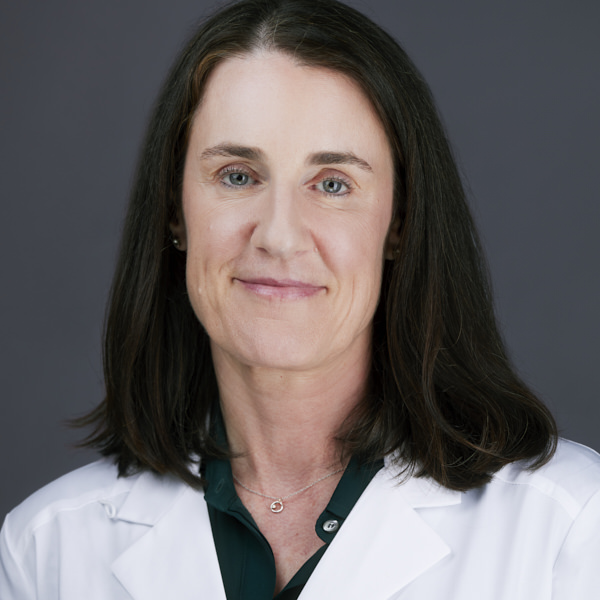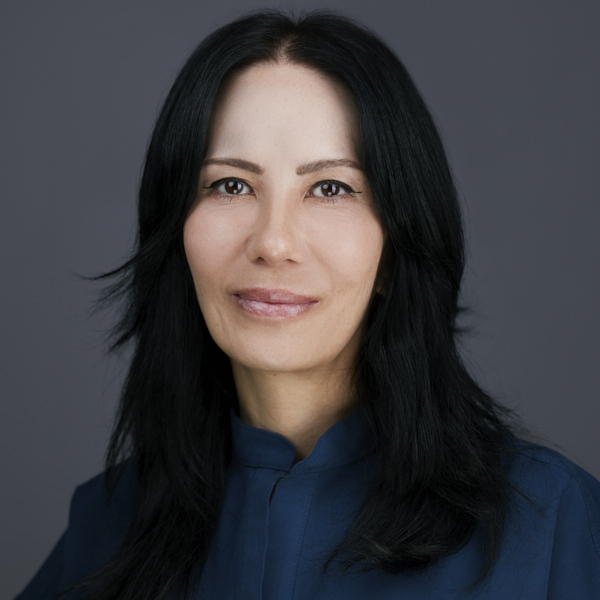Dermatology Clinic in
Northgate
Formerly Pacific Dermatology & Cosmetic Center

Our Services
 Acne treatment
Acne treatment Benign skin growths
Benign skin growths Cysts
Cysts Earlobe repair
Earlobe repair Eczema/atopic dermatitis
Eczema/atopic dermatitis Moles
Moles Phototherapy
Phototherapy Pigmentation
Pigmentation Psoriasis
Psoriasis Rosacea
Rosacea Scars
Scars Skin cancer
Skin cancer Skin rashes
Skin rashes Sun damage
Sun damage Warts
Warts
 Accutite
Accutite Acne extractions
Acne extractions Acne scars
Acne scars Bodytite
Bodytite Botoxopen_in_new
Botoxopen_in_new
 Chemical peels
Chemical peels Clear & brilliant
Clear & brilliant  Coolsculptingopen_in_new
Coolsculptingopen_in_new
 Daxxify
Daxxify Dermal fillersopen_in_new
Dermal fillersopen_in_new
 Dysport
Dysport Facetite
Facetite Facials
Facials Forever young bbl laser
Forever young bbl laser Fractional co2 (activefx and totalfx)
Fractional co2 (activefx and totalfx) Fraxel dual
Fraxel dual Hand rejuvenation
Hand rejuvenation Laser hair removalopen_in_new
Laser hair removalopen_in_new
 Liposuctionopen_in_new
Liposuctionopen_in_new
 Microneedlingopen_in_new
Microneedlingopen_in_new
 Mira dryopen_in_new
Mira dryopen_in_new
 Morpheus8
Morpheus8  Newsurg ktp
Newsurg ktp Non-surgical rhinoplasty
Non-surgical rhinoplasty Prp
Prp Tumescent liposuction
Tumescent liposuction  Ultherapyopen_in_new
Ultherapyopen_in_new
 V-beam
V-beam
Surgical Services in Northgate
 Biopsies
Biopsies Blepharoplasty
Blepharoplasty Cosmetic mole removals
Cosmetic mole removals General excisions
General excisions Mohs skin cancer surgeryopen_in_new
Mohs skin cancer surgeryopen_in_new
Questions? Let Us Help.
We're committed to assisting you with any inquiries you may have. Should your questions extend beyond the information provided in our FAQ section, please don't hesitate to reach out to our office.
How should I get ready for my appointment?
To ensure a smooth and efficient visit, please make sure to bring a valid photo ID and your insurance card. If you are a new patient, it's also beneficial to bring along any previous patient records or documents relevant to your visit, as these can provide your dermatologist with valuable insights into your health history and needs.
How can I book an appointment?
You have several convenient options for scheduling your appointment: you can call our office directly, use our online scheduling system, or complete a contact form on our website. Choose the method that works best for you, and we'll take care of the rest.
What insurances do you accept?
Frontier Dermatology aims to be an inclusive, accessible, and affordable resource for dermatology patients of all backgrounds living throughout the Pacific Northwest. We are currently in-network with a wide range of insurance providers and are constantly working to expand this list. To learn more, visit our insurance page. https://www.frontierdermatology.com/insurance-we-accept
What COVID-19 safety measures are in place?
We follow all CDC- recommended guidelines. Currently, masks are not required, but you may wear one.
Have more questions? Get in touch with our team
or schedule an appointment to get started.
Our Location
Visit Frontier Dermatology
in Northgate
11011 Meridian Ave N, Seattle, WA 98133





